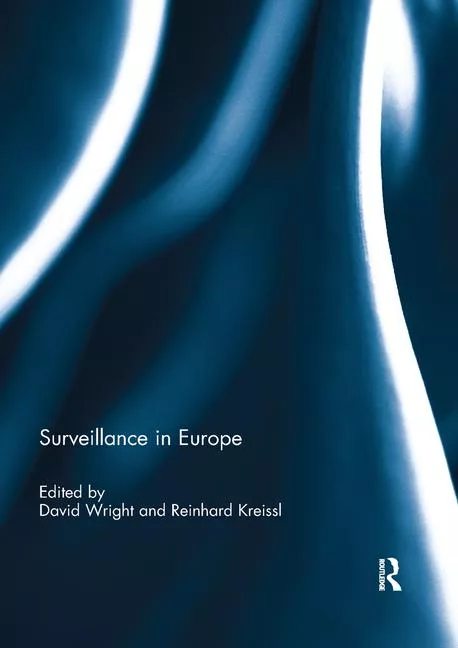Fraud Rings Rampant in Southeast U.S.
10,000 Fraud Groups Across the U.S. Mark Trend in Identity Theft
There are 10,000 active identity theft crime rings across the U.S., with the greatest concentration in a “ring of fraud” that stretches across the Southeast from Virginia to Mississippi, according to a new report from ID Analytics, a fraud-fighting firm.
According to an article from NBC, a majority of these rings are “Friends & Family” groups, not professional crime organizations. The rings are most highly concentrated in Washington, D.C.; Detroit, Tampa, Fla.; Greenville, Miss.; Macon, Georgia; and Montgomery, Ala.
ID Analytics compile the results by examining its massive database of credit applications and other identity “risk events,” which now includes 1.7 billion entries, the article says.
The firm defined a “crime ring” as two or more individuals working in concern, repeatedly submitting fraudulent applications in an attempt to commit fraud. Collusion was detected by noting when multiple members of the rings used similar personal identifying information, such as Social Security numbers, in fraud attempts, NBC reports. While not every fraudulent application is successful, the attempts indicate an active fraudster at work.
The results from these crime rings are overwhelming – one four-person group near Indianapolis has submitted 345 fraudulent credit card applications. Another six-member ring has completed more than 69 applications and defrauded four victims, including two deceased persons, the article says.
Some children in groups are stealing their own parents’ identities. More than half of the rings include multiple family members.
ID Analytics head researcher Stephen Coggeshall says he excluded family groups who might be sharing identities to simply avoid bad credit histories.
“Every one of the (10,000) is committing fraud with the intent to not pay,” he says, and they do it at least 10 times, NBC reports.
The report also notes that while numerous studies have shown that the rate of identity theft is higher in urban areas, this study indicates that the number of crime rings is much higher in rural areas.
One possible explanation: Identity theft and methamphetamine crime rings often go together, with meth addicts trading stolen mail and credit card applications for drugs. However, the report has no ready explanation for the fraud ring trend for rural areas.
Looking for a reprint of this article?
From high-res PDFs to custom plaques, order your copy today!





